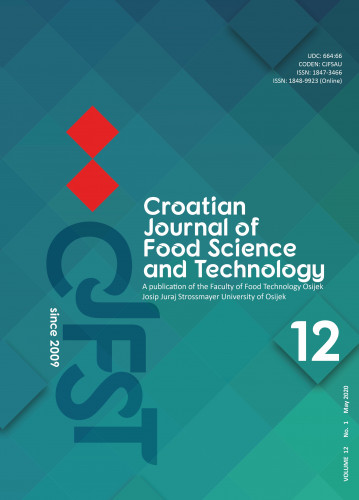Aflatoxin contamination of maize is a serious food safety problem worldwide. Despite the widespread consumption of maize in Nigeria, there is limited data on aflatoxin contents of maize vended in open markets in Ondo state, Nigeria. A total of 140 maize samples randomly purchased from major markets in four locations in Ondo state, were screened for total aflatoxins using an ELISA method. Exposure and health risk assessments were performed for the maize consumers by the deterministic and Margin of exposure (MOE) approaches, respectively. About 99% of the maize were contaminated with total aflatoxins (range: 0.65–265 µg/kg; mean: 125.9 µg/kg). Aflatoxin levels exceeding the 4 µg/kg set by the European Union for total aflatoxins were found in 88% of the maize whilst more than one half contained at least 100 µg/kg aflatoxins. The average probable daily intake values were 830, 332 and 138 ng/kg bw/day for the average children, adolescent and adult populations, respectively. Consequently, MOEs for the respective populations were 0.20, 0.51 and 1.23, suggesting a high level of health risk for consumers of maize vended in open markets in Ondo state due to high aflatoxin levels. Maize farmers and households in Ondo state need urgent aflatoxin mitigation interventions.
Sažetak

 Croatian journal of food science and technology : a publication of the Faculty of Food Technology Osijek : 12,1(2020) / editor-in-chief Jurislav Babić.
Croatian journal of food science and technology : a publication of the Faculty of Food Technology Osijek : 12,1(2020) / editor-in-chief Jurislav Babić.